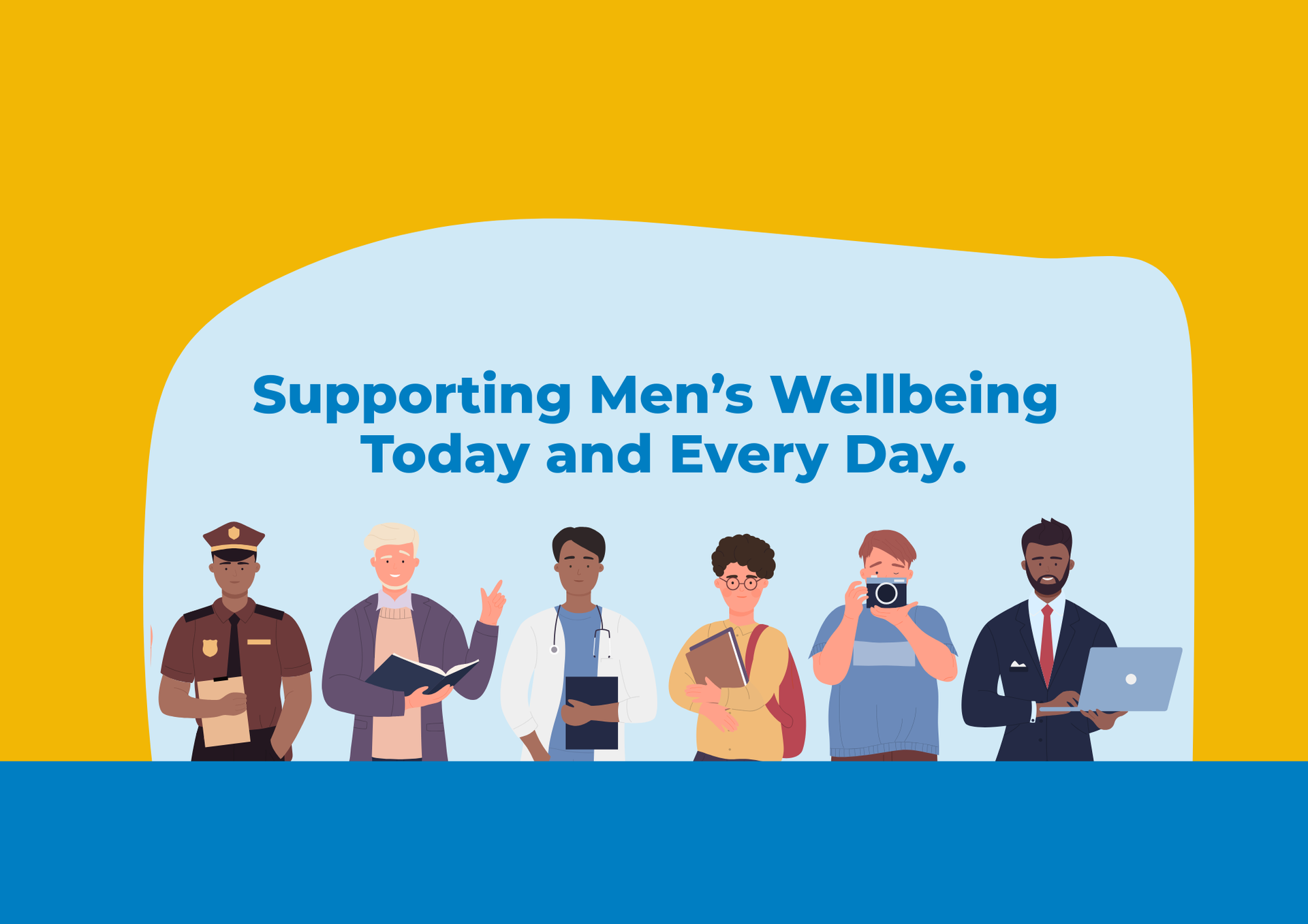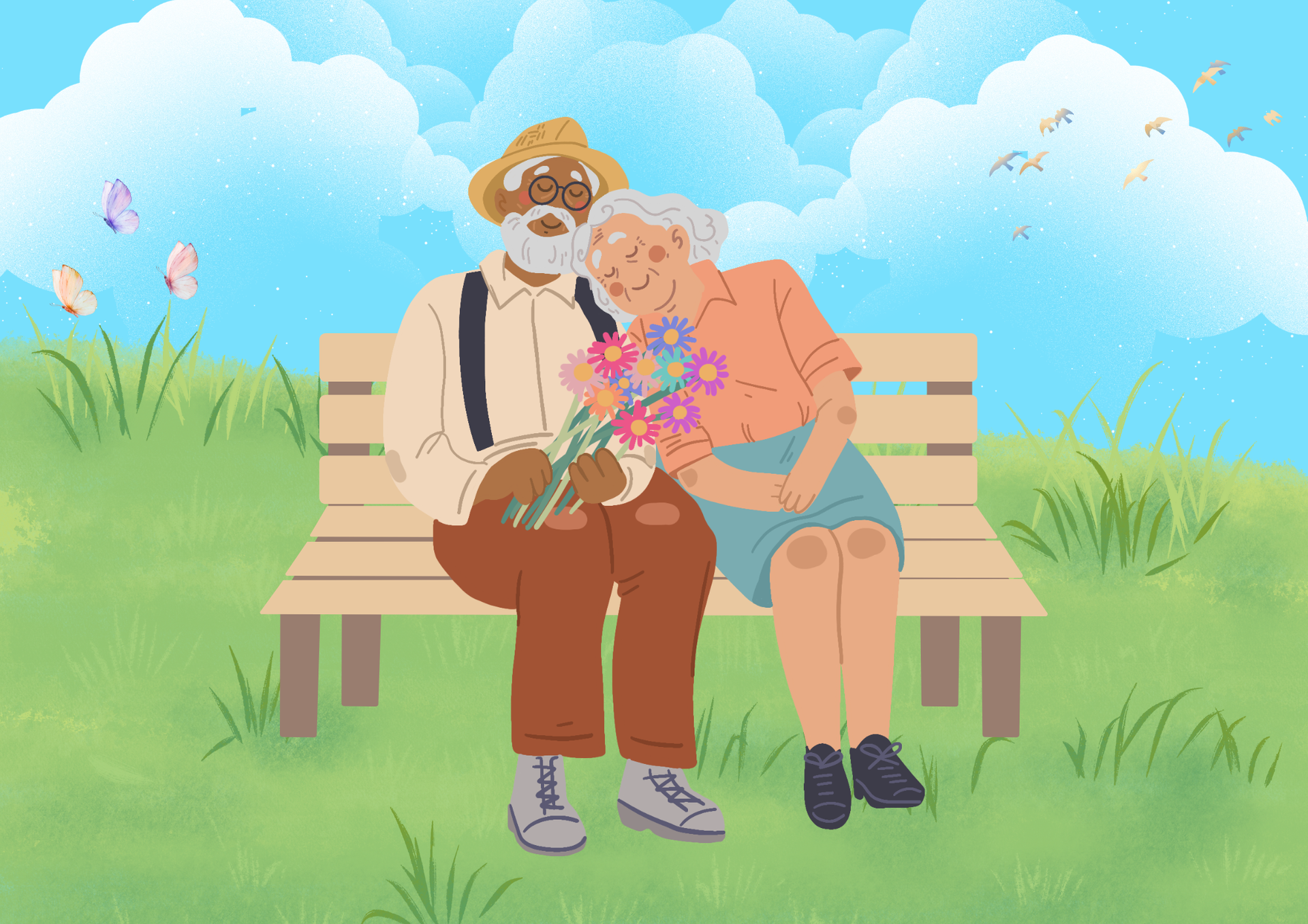Mind-Body Connection
April 7, 2024
April 7th marks the commemoration of the founding of the World Health Organisation and is the day we celebrate World Health Day.
The theme for this year is: ‘My Health, My Right’.
To celebrate this day, let’s take a moment and consider ways you can take better care of yourself; how you can prioritise your needs and mental well-being by taking care of your body. There is a surprising overlap between your mental and physical well-being. Some might call this overlap the mind-body connection.
But what is the mind-body connection?
The mind-body connection is the interconnection between your mental and physical well-being. It is a two-way relationship where the mind influences the body; the body influences the mind. For example, we were all told how physical exercise reduces symptoms of depression and anxiety. The reason behind that is that the brain releases chemicals (endorphins and serotonin) known to improve the mood and reduce stress. By strengthening the connection between the mind and body through a holistic perspective, you can start prioritising your health.
But what is a holistic approach?
“Health is a state of complete physical, mental and social well-being and not merely the absence of disease or infirmity.”
A holistic approach is a perspective that looks at the whole person. It surrounds the body, mind and spirit by taking into consideration the physical, emotional, social and spiritual wellbeing of the individual.
By adopting a holistic approach, you can:
- Enhanced mental clarity
- Improve your physical health
- Reduce feelings of anxiety or depression
How can you adopt a holistic approach?
When adopting a holistic approach, you become a key active participant in your healing process. Common recreational activities such as:
- Practicing music therapy: Some studies suggest that music therapy can reduce feelings of anxiety. How does it work? Well, research suggests that music can reduce blood pressure and the heartbeat, both of which have a direct impact on how stressed a person feels. It has also been suggested that music releases dopamine and endorphins, both of which are known for being mood enhancers.
- Practicing fate: Prayer can help a person focus on gratitude. It is believed that cultivating a sense of gratitude in your daily life can help people elevate their moods as it shifts your focus from “not enough” to “good enough”.
- Meditation: Meditation is the process of redirecting your thoughts to calm your mind. By practicing meditation, you can reduce your stress and subsequently reduce your anxiety.
- Practicing Yoga: Yoga has become known over the years as an alternative method for the treatment of stress, anxiety, and depression as it creates a greater sense of well-being and increases feelings of relaxation in the individual. By incorporating yoga in your lifestyle, you are inviting a more optimistic outlook in your life.
- Sound and vibration therapy: Vibrational sound therapy can help you retune your body, mind and spirit, and encourage relaxation, healing and wellness in your body. By practicing sound and vibration therapy, you can reduce stress and depression, and improve sleep patterns.
Other ways you can also practice a holistic approach in your life is by:
- Incorporating more supplements in a healthy diet: We often hear of the importance of eating at least 5 portions of a variety of fruit and vegetables a day as it can help lower the risk of heart diseases. Well, some scientists do believe that healthy diets help promote a healthy gut which can improve your anxiety levels, stress and mental outlook.
- Trying aromatherapy: We are all aware that lavender is commonly used to promote relaxation. Well, some essential oils, such as orange and lavender can help reduce anxiety and improve moods. By incorporating the use of essential oils in your home, you might be able to welcome more calmness in your life.
Those are only a few ways in which you can adopt a more holistic approach in your life. By adapting some of the activities listed above in your lifestyle, you can priotise your mental and physical well-being while trying new hobbies.
By Julia Tsang and Bella Korotcoff





